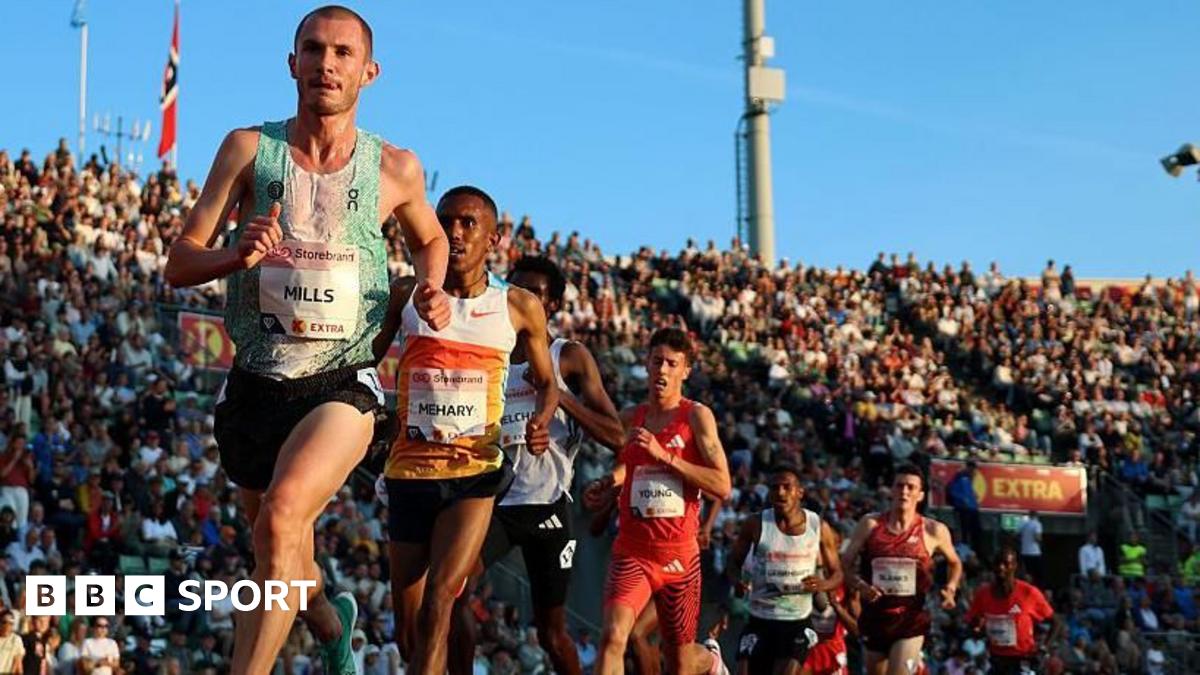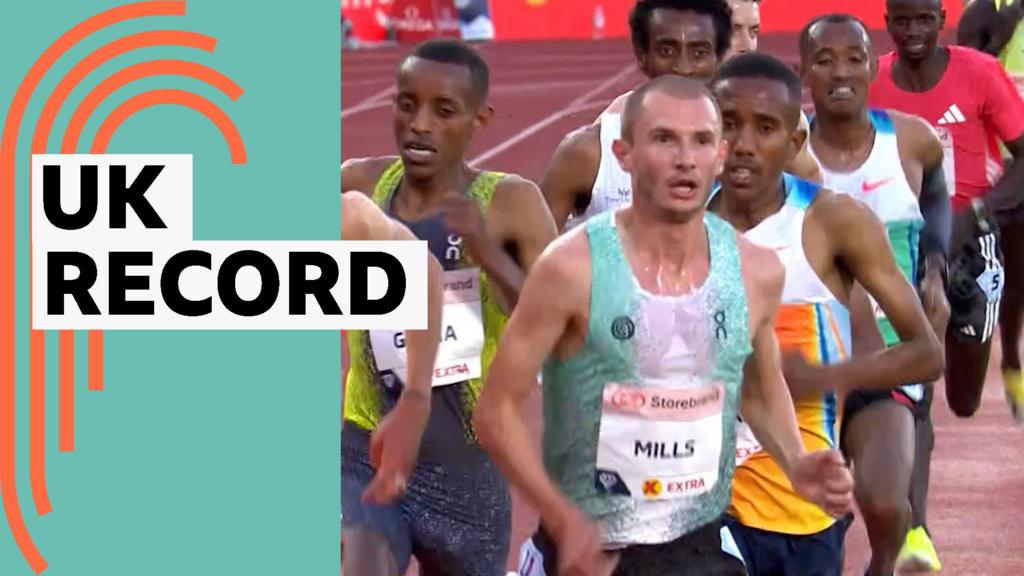ARTICLE AD BOX
Female tennis players who wish to freeze eggs or embryos, so they can start a family at a later date, will have their ranking protected by the WTA Tour.
The offer is open to any player ranked in the world's top 750 who spends more than 10 weeks out of competition.
The 2017 US Open champion Sloane Stephens says the rule will reduce the pressure on players to return to the court too quickly.
The 32-year-old, who has won eight WTA tournaments, told BBC Sport she has twice previously used the off-season to freeze her eggs.
"The first time I did it, I rushed back and I was overweight and not happy - and just very stressed out," she said.
"The second time I did it I took a totally different approach so I could just be in better shape: I could have the surgery, I could have more time to recover.
"So having the protected ranking there, so that players don't feel forced to come back early and risk their health again, is the best thing possible."
Players who undergo fertility treatment will be able to use their special ranking to enter up to three tournaments within 10 weeks of their return.
The special ranking will be an average of a player's ranking over a 12-week period before and during their leave.
Players will not, however, be able to use this ranking to enter one of the WTA's premier 1000 events, as the tour wants to encourage players to undertake the procedure at a quieter time of the season.
"It's all trial and error, everyone's body is different," Stephens added.
"Someone might be out for three months, someone might be out for one week.
"Some people gain a tonne of weight, some people can go back immediately. I think when you are family planning, it's better if you have that support."
Stephens says she was a strong advocate for such a measure when a member of the WTA Players' Council, and the tour's chief executive Portia Archer confirms the move was player-led.
"It was very much at the instigation of the players," she said.
"We want to really help players address this conundrum where peak athletic performance coincides with the time period of peak fertility, so players are often faced with this tough choice of how to really maximise and optimise those years."
Grants have also recently been made available towards the cost of any fertility treatment, and earlier this year the WTA introduced paid maternity leave for the first time.
More than 320 players are now eligible for up to 12 months paid leave - with everyone receiving the same amount, irrespective of their ranking.
Returning to the tour after maternity leave started to become easier when the WTA changed the rules before the 2019 season.
New mothers are able to use their previous ranking to enter 12 tournaments over a three-year period from the birth of their child.
The WTA also offers access to a health team, which offers physical assessments, mental health support and guidance on a staged return to play for new mothers and pregnant players.
Tennis is not the first sport to offer support to women wishing to freeze their eggs, with the American basketball league the WNBA offering up to $60,000 (£52,500) reimbursement to players for fertility treatment including egg freezing.
High-profile athletes have spoken about their decision to freeze their eggs, including England cricket captain Nat Sciver-Brunt and former England netballer Geva Mentor.

 1 day ago
11
1 day ago
11








 English (US) ·
English (US) ·